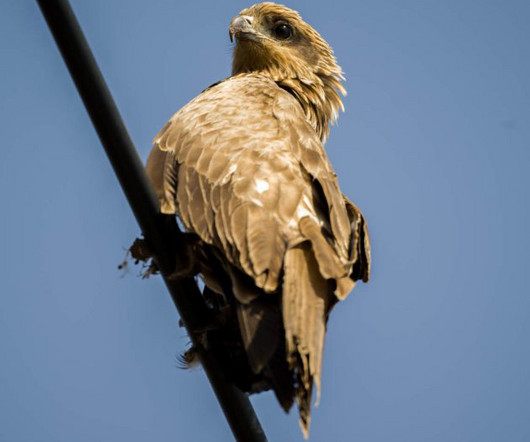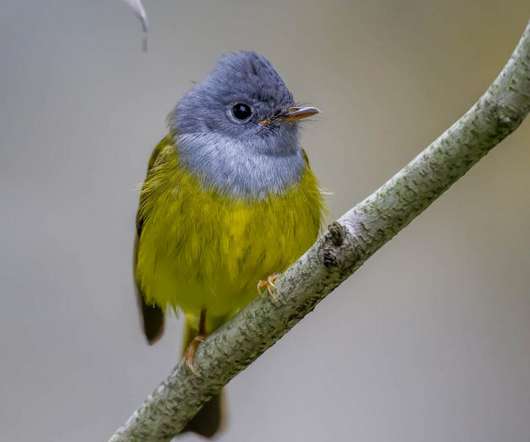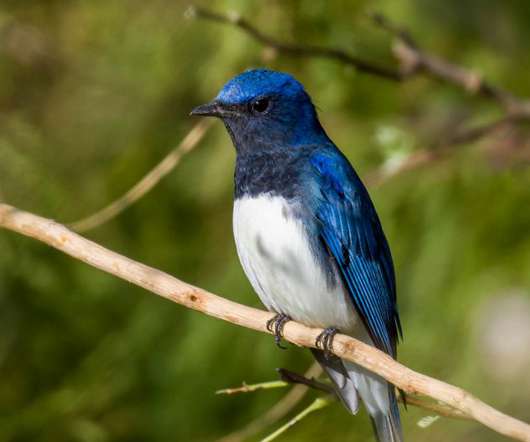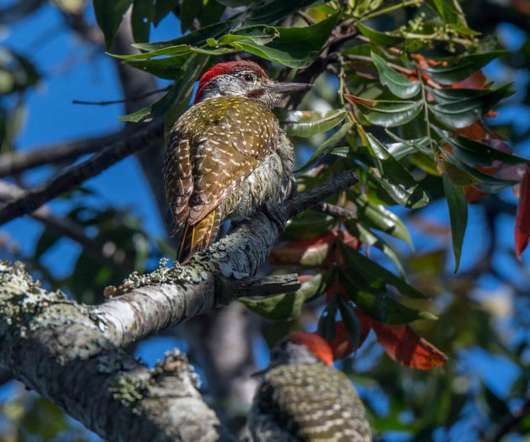Hula Valley Israel Is A Migratory Hot Spot
10,000 Birds
SEPTEMBER 5, 2012
No matter how many times I see certain species, I’m happy to see them again when the seasons shift. One of those places is the Hula Valley in northern Israel, home to the large Lake Hula which was drained in the 1950s to make way for more agricultural opportunities and prevent malaria. I am a migration junky.












Let's personalize your content